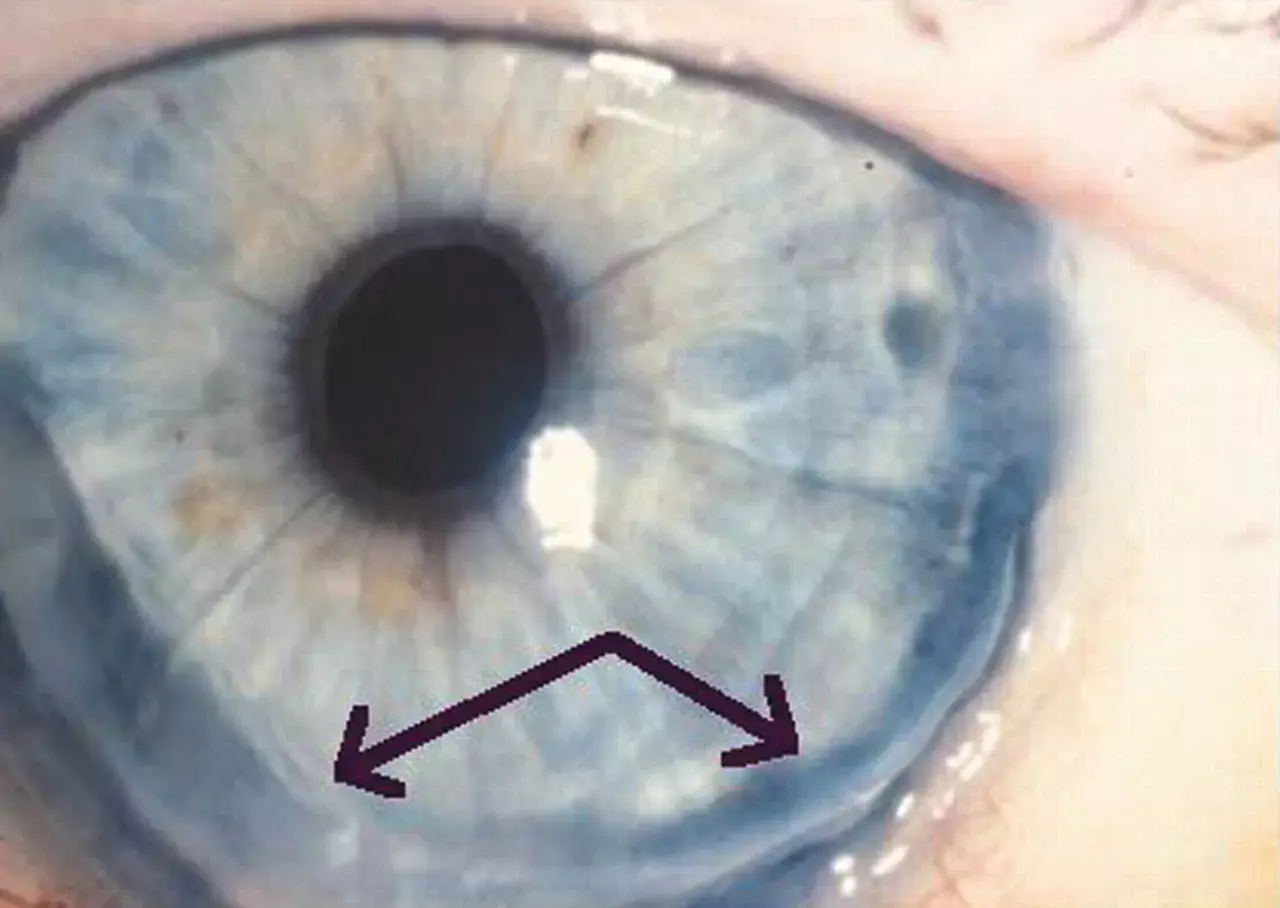- Home
- Medical news & Guidelines
- Anesthesiology
- Cardiology and CTVS
- Critical Care
- Dentistry
- Dermatology
- Diabetes and Endocrinology
- ENT
- Gastroenterology
- Medicine
- Nephrology
- Neurology
- Obstretics-Gynaecology
- Oncology
- Ophthalmology
- Orthopaedics
- Pediatrics-Neonatology
- Psychiatry
- Pulmonology
- Radiology
- Surgery
- Urology
- Laboratory Medicine
- Diet
- Nursing
- Paramedical
- Physiotherapy
- Health news
- Fact Check
- Bone Health Fact Check
- Brain Health Fact Check
- Cancer Related Fact Check
- Child Care Fact Check
- Dental and oral health fact check
- Diabetes and metabolic health fact check
- Diet and Nutrition Fact Check
- Eye and ENT Care Fact Check
- Fitness fact check
- Gut health fact check
- Heart health fact check
- Kidney health fact check
- Medical education fact check
- Men's health fact check
- Respiratory fact check
- Skin and hair care fact check
- Vaccine and Immunization fact check
- Women's health fact check
- AYUSH
- State News
- Andaman and Nicobar Islands
- Andhra Pradesh
- Arunachal Pradesh
- Assam
- Bihar
- Chandigarh
- Chattisgarh
- Dadra and Nagar Haveli
- Daman and Diu
- Delhi
- Goa
- Gujarat
- Haryana
- Himachal Pradesh
- Jammu & Kashmir
- Jharkhand
- Karnataka
- Kerala
- Ladakh
- Lakshadweep
- Madhya Pradesh
- Maharashtra
- Manipur
- Meghalaya
- Mizoram
- Nagaland
- Odisha
- Puducherry
- Punjab
- Rajasthan
- Sikkim
- Tamil Nadu
- Telangana
- Tripura
- Uttar Pradesh
- Uttrakhand
- West Bengal
- Medical Education
- Industry
Early immunosuppressive therapy may reduce recurrence of RA associated peripheral ulcerative keratitis

Early immunosuppressive therapy initiation reduces inflammation and recurrence of RA-associated peripheral ulcerative keratitis (PUK) suggests a new study published in the British Journal of Ophthalmology
The study was done to evaluate the role of early immunosuppressive therapy (IMT) in the management of rheumatoid arthritis (RA)-associated peripheral ulcerative keratitis (PUK).
Single-centre, retrospective, comparative cohort study. Patients with RA-associated PUK were divided into two groups; those exposed to and those not exposed to early IMT, defined as administrating therapy within the first 4 weeks from the PUK onset. Outcomes included PUK recurrence, control of inflammation and development of ocular complications, including corneal scarring and perforation, cataract formation or progression and permanent visual loss.
Results
A total of 52 eyes from 36 patients were included for analysis; 37 (71.2%) eyes received early IMT and 15 (28.8%) eyes did not. Follow-up time was 41.2+53.3 months (range: 4–236 months). While early IMT was a protective factor (HR 0.345, 95% CI 0.126 to 0.946, p=0.039), late RA diagnosis after PUK onset (HR 4.93, 95% CI 1.75 to 13.85, p=0.002) and retarded (≥2 months) control of inflammation (HR 8.37, 95% CI 1.88 to 37.16, p=0.005) were risk factors for PUK recurrence. Late IMT (OR 7.75, 95% CI 2.00 to 29.99, p=0.003), an unknown diagnosis of RA at first visit (OR 4.14, 95% CI 1.15 to 14.91, p=0.030) and at least one PUK recurrence (OR 6.42, 95% CI 1.71 to 24.07, p=0.006) were risk factors for visual loss. Survival analysis rendered eyes exposed to early IMT a lower risk of PUK recurrence (p=0.039).
Eyes with RA-associated peripheral ulcerative keratitis (PUK) exposed to early IMT were more likely to achieve earlier inflammatory control, fewer recurrences and had better visual outcomes.
Raul E Ruiz-Lozano, Eugenia M Ramos-Davila, Lucas A Garza-Garza, Kathia Gutierrez-Juarez, Julio C Hernandez-Camarena, Alejandro Rodriguez-Garcia. Rheumatoid arthritis-associated peripheral ulcerative keratitis outcomes after early immunosuppressive therapy.
Early, immunosuppressive, therapy, initiation, reduces, inflammation, recurrence, RA-associated PUK, Raul E Ruiz-Lozano, Eugenia M Ramos-Davila, Lucas A Garza-Garza, Kathia Gutierrez-Juarez, Julio C Hernandez-Camarena, Alejandro Rodriguez-Garcia
Dr. Shravani Dali has completed her BDS from Pravara institute of medical sciences, loni. Following which she extensively worked in the healthcare sector for 2+ years. She has been actively involved in writing blogs in field of health and wellness. Currently she is pursuing her Masters of public health-health administration from Tata institute of social sciences. She can be contacted at editorial@medicaldialogues.in.
Dr Kamal Kant Kohli-MBBS, DTCD- a chest specialist with more than 30 years of practice and a flair for writing clinical articles, Dr Kamal Kant Kohli joined Medical Dialogues as a Chief Editor of Medical News. Besides writing articles, as an editor, he proofreads and verifies all the medical content published on Medical Dialogues including those coming from journals, studies,medical conferences,guidelines etc. Email: drkohli@medicaldialogues.in. Contact no. 011-43720751


